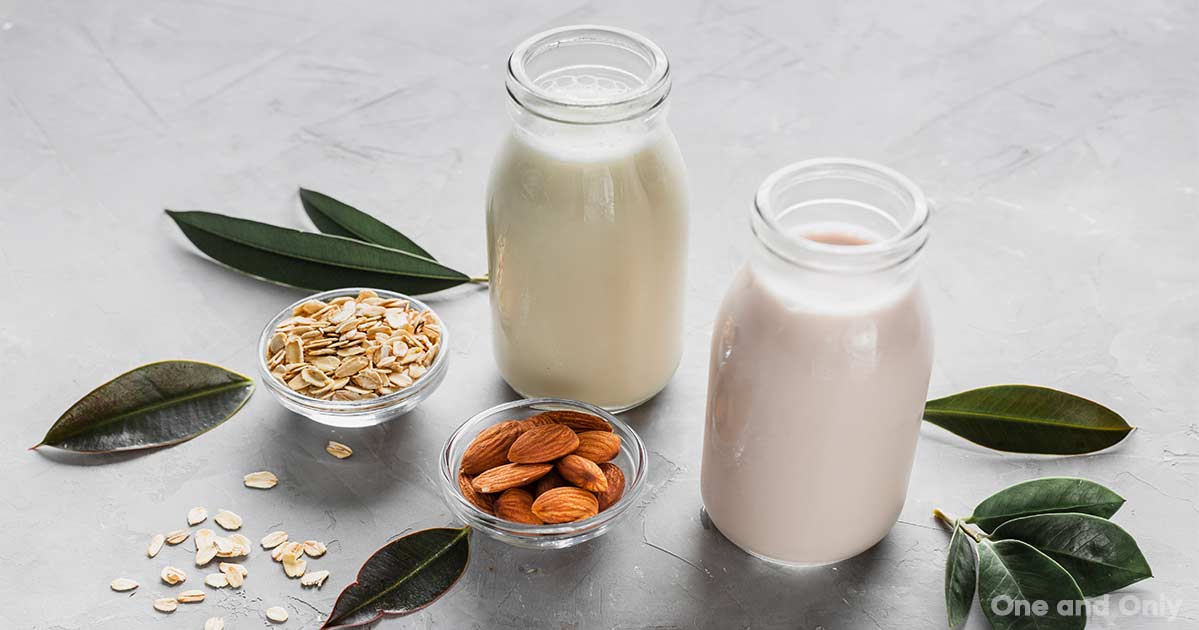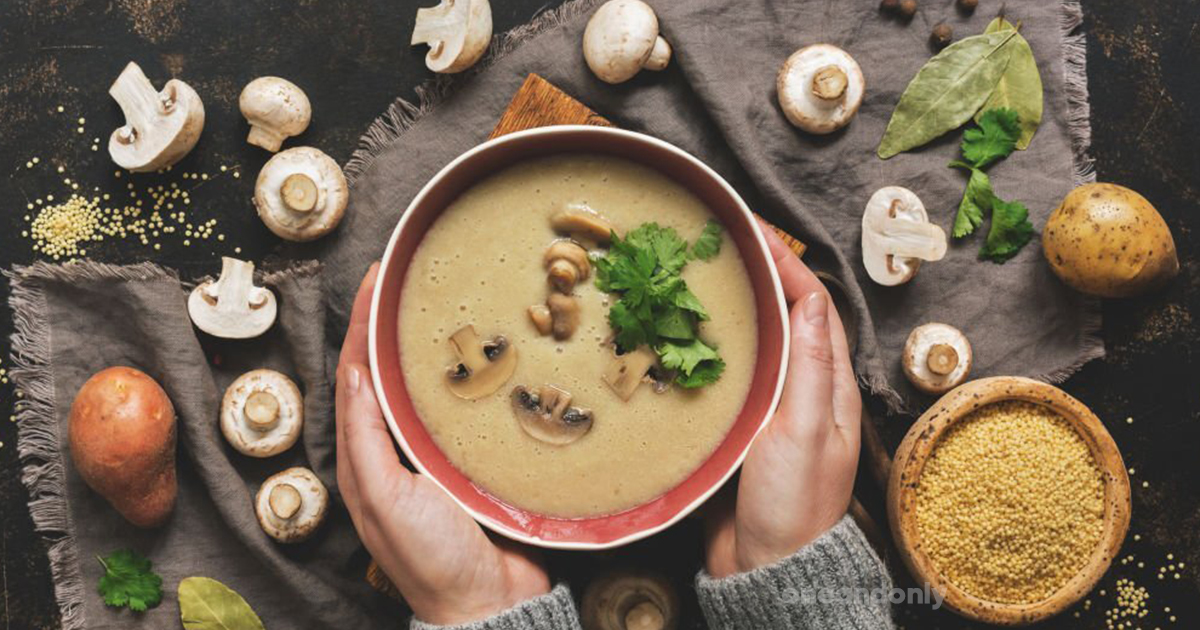The egg is a superfood because it has numerous nutrient components (1), and it can be cooked in multiple ways with less effort. It is one of the protein-rich foods that your body requires to remain healthy and strong. You can also pair eggs with many vegetables and other foods. Eggs are diet-friendly for those who follow diet regularly. Some people consume only egg white as egg yolk consists of cholesterol. But unless you consume tons of egg, you don’t need to worry about it (2). The benefits of eggs convince each one of us that it is amazing food to be added to our diet.
Egg Whites or Egg Yolks – Which is Better?
Egg whites have zero cholesterol, are high in protein and very low in calories. It also provides amino acids that our body cannot produce. One large egg white offers 3.6 gms of protein, 16 calories, 0 fat. Egg whites are a good source of sodium, potassium, magnesium, niacin, and riboflavin.
Egg yolks are an excellent source of iron, zinc, phosphorus, folic acid, thiamine, pantothenic acid, and vitamin A, D, E, K, B6 & B12. It also has calcium, copper, manganese, etc.
Most people get confused about which part of an egg consists of more nutrients (3). The nutritional composition of one large egg shows that egg white is fat-free and low in calories, whereas egg yolk has more fats and more nutrients. Both egg whites and egg yolks contain protein; however, whites have more protein than yolks.
Nutritional value per 100 g
|
Energy |
647 kJ (155 kcal) |
|
Carbohydrates |
1.12 g |
|
Fat |
10.6 g |
|
Protein |
12.6 g |
|
Tryptophan |
0.153 g |
|
Threonine |
0.604 g |
|
Isoleucine |
0.686 g |
|
Leucine |
1.075 g |
|
Lysine |
0.904 g |
|
Methionine |
0.392 g |
|
Cystine |
0.292 g |
|
Phenylalanine |
0.668 g |
|
Tyrosine |
0.513 g |
|
Valine |
0.767 g |
|
Arginine |
0.755 g |
|
Histidine |
0.298 g |
|
Alanine |
0.700 g |
|
Aspartic acid |
1.264 g |
|
Glutamic acid |
1.644 g |
|
Glycine |
0.423 g |
|
Proline |
0.501 g |
|
Serine |
0.936 g |
|
Vitamin A equiv. |
149 μg |
|
Thiamine (B1) |
0.066 mg |
|
Riboflavin (B2) |
0.5 mg |
|
Niacin (B3) |
0.064 mg |
|
Pantothenic acid (B5) |
1.4 mg |
|
Vitamin B6 |
0.121 mg |
|
Folate (B9) |
44 μg |
|
Vitamin B12 |
1.11 μg |
|
Choline |
294 mg |
|
Vitamin D |
87 IU |
|
Vitamin E |
1.03 mg |
|
Vitamin K |
0.3 μg |
|
Calcium |
50 mg |
|
Iron |
1.2 mg |
|
Magnesium |
10 mg |
|
Phosphorus |
172 mg |
|
Potassium |
126 mg |
|
Sodium |
124 mg |
|
Zinc |
1.0 mg |
|
Water |
75 g |
|
Cholesterol |
373 mg |
Health Benefits of Eggs
1. Nourishes Hair and Nails
Sometimes, your hair and nails reflect the biochemical imbalances in your body. Eggs are filled full of protein, vitamins, and fatty acids, all of which are essential for your hair health. These nutrients may help promote hair growth, improve hair elasticity, curb hair loss, add shine, curb breakage, and heal damage. Similarly, Biotin, vitamin B and C, iron, magnesium, protein, fatty acids, and zinc are the essential vitamins and nutrients that help keep your nails healthy.
2. Promotes Healthy Skin
Egg white relieves you from pimples. Apply egg white on your face for 10 to 15 mins and then rinse it with normal water. You will notice a difference on your face after a few days. Additionally, it aids in removing excess oil from your face, and it brings elasticity to the skin. Some nutrients in eggs help to prevent the breakdown of your body tissues and also promote healthy skin.
3. Maintains the Eyesight
Eggs are a good source of lutein, zeaxanthin, which helps prevent eyesight problems by strengthening the vision (4). These antioxidants reduce the chances of cataract, macular degeneration, and glaucoma developing in older people. Consuming one egg yolk a day increases both of the antioxidants in the blood. Adequate intake of egg reduces the risk of eye disorders. Vitamin A deficiency causes blindness. Egg contains vitamin A that helps to protect your eyes from retina damage.
4. Protects the Brain
Egg contains a substance called choline, which is essential to the brain. It helps to regulate memory. Choline is important for the baby’s brain development during pregnancy. It aids in keeping brain cells healthy by strengthening their membranes. Choline produces signaling molecules in the brain along with other functions, and it also builds cell membranes. It acts as a neurotransmitter that sends stimuli to the brain and nervous system. When its level is low, it affects brain functions. Eggs help to keep the brain sharp and healthy.
5. Aids Weight Loss
Eggs are high in amino acids, which help to burn calories and boost your metabolism. Furthermore, including eggs in your diet in the best ways can help you lose weight incredibly. Eggs contain high protein and less calories that can also support weight loss. Consume eggs daily in an adequate amount as it keeps you full for a longer period, and reduces your hunger. It helps to balance your weight and doesn’t allow weight gain.
6. Keep the Bones Healthy
Eggs are rich in calcium and vitamin D, which are essential nutrients for bones and teeth. Vitamin D in eggs prevents the risk of osteoporosis, and it improves bone strength through proper calcium absorption. It plays an important role in preserving bone health. Therefore, consume enough eggs daily as it helps to keep your bones strong and healthy.
7. Lowers Risk of Heart Disease
Earlier eggs were shunned as it is high in cholesterol, which might lead to heart diseases. Over time several studies have shown that eggs do not have bad cholesterol that affects the heart. Eggs are an excellent source for promoting good cholesterol, whereas foods high in trans fats and saturated fats are responsible for bad cholesterol (5). However, don’t consume too many eggs as everything should be consumed in moderate quantity.
8. Aids Healthy Pregnancy
Consuming eggs during pregnancy is beneficial for pregnant women as it helps in baby development. Both the baby and the mother gets an adequate amount of nutrition. Choline in eggs is essential for fetal brain development as choline deficiency leads to birth defects. Eggs contain protein that helps to build bone tissues and muscles. Pregnant women must consume well-cooked eggs, which provide numerous benefits for them throughout the journey.
Summary
-
Eggs are a superfood that is cheap, easy to prepare, and it goes with any food. It is also high in antioxidants and exceptionally nutritious. You can cook them in various ways, including boiling, frying, scrambling, and baking.
-
Egg whites are fat-free, high in protein, and low in calories, whereas egg yolks contain more fats and nutrients.
-
Eggs contain brain nutrients, antioxidants that protect your eyes and also promote weight loss.
-
Whole egg provides many beneficial nutrients. But people who are on a diet choose egg white over the whole egg.
-
The benefits of eggs are many, so consume one egg per day to maintain a healthy body.













